Before I begin, trigger warning trigger warning trigger warning! I’m going to be talking, though not in specific detail, about mental health problems, anxiety, abuse in online gaming communities. No real world quotes or examples are used, but the topic is discussed. If you don’t think you’ll be comfortable reading it, please take care of yourself first and foremost and close the article.
So, ‘git gud’: a joke between friends, perhaps, but in many cases it’s a bigger sign of the toxicity of online gaming cultures and can be a serious threat to the mental health of many players. It’s also in some cases ableist, and combined with sexist and racist threats, and in general it’s something used to try to exclude people from what are often male-dominated gaming spaces. Get mad if you want to – I think it’s the truth. Gaming spaces are often unkind to mental wellbeing.
‘Git gud’ culture really infuriates me. And here, I’m going to rant about it. Fasten your seatbelts, and let me take you through why it’s so much more toxic than many people want to believe.
Let’s start with a bit of a confession. I’m a complete and utter wimp when it comes to playing games with people. That’s something I’ll readily admit to others. I feel like it saves me a lot of hassle trying to explain what exactly it is I’m so insecure about because, to many, it’s just a game.
Well, I think it’s mostly down to my severe social anxiety, which means I’m constantly on edge if I’m around most people other than my boyfriend, family and closest friends. My anxiety is absolutely paralysing, which is why I take medication for it and have spent hours and hours in CBT trying to unlearn the very unhelpful thought patterns and behaviours I have acclimatised to over the years.
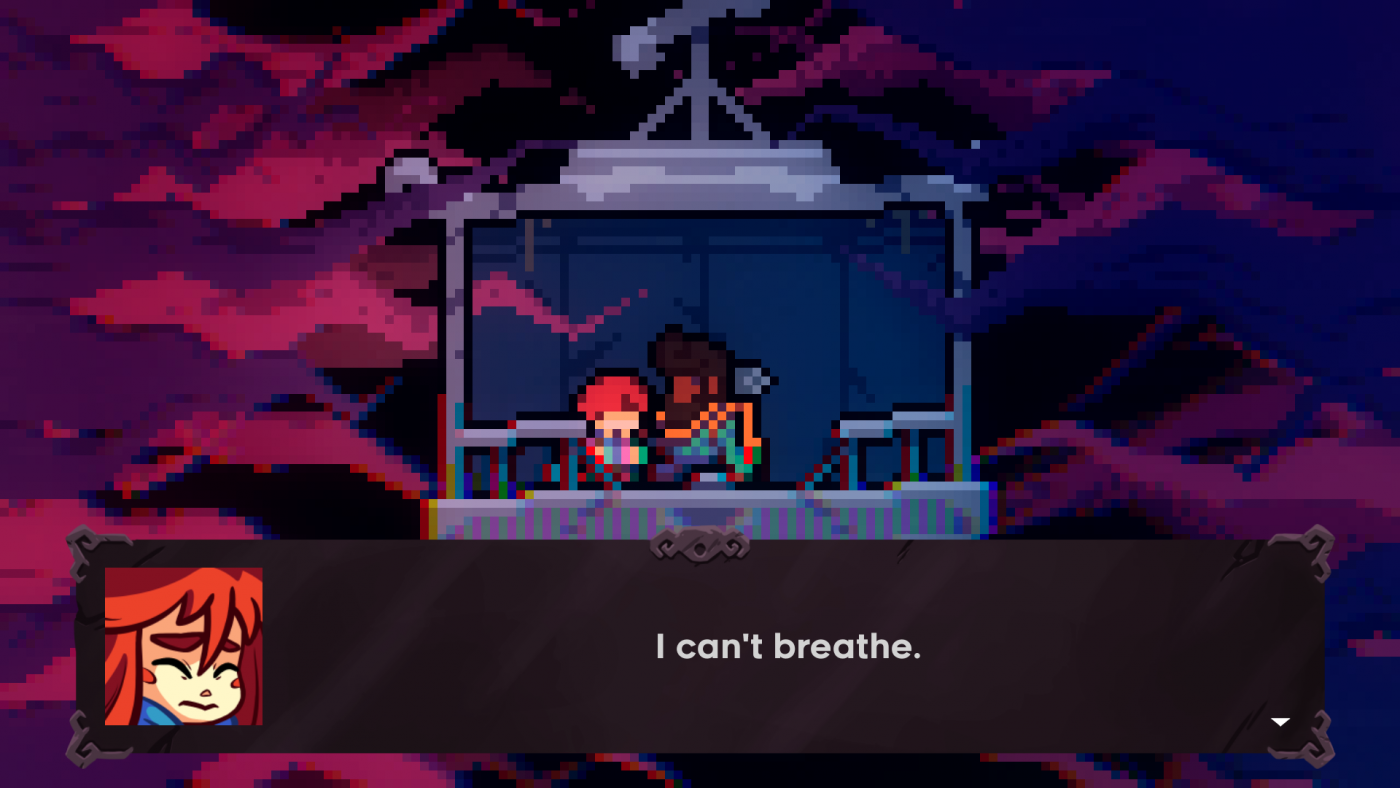
When you go to CBT, a professional takes you through how negative self-beliefs come about and how they become reinforced in your everyday life. Everyone has what the professionals call ‘core beliefs’ about themselves that dictate a lot of our actions. Some examples: ‘I’m worthless’, ‘I’m stupid’, ‘I’m lazy’, ‘I don’t deserve to be happy’, etc. Often, events in earlier childhood or the environments experienced contribute to the formation of these beliefs. No, this doesn’t mean to say that your parents are definitely at fault for everything bad you feel about yourself. Often, our young and impressionable child brains will pick up on smaller feelings that contribute to these beliefs.
Often, things happen in life that trigger these core beliefs. These trigger events can be such a wide range of things that often seem completely unimportant to your friends and family. But these events trigger negative core beliefs about yourself and lead to them being reinforced, and then lead to a negative cycle of behaviours and thoughts. A cycle that often requires professional help to escape.
Let’s take an example related to gaming. Like me, you might have this ingrained idea that you’re completely and utterly stupid and useless at everything in life. Somebody online has a go at you for doing something questionable in a game that you’re new to. You get called all sorts of names. This triggers your core belief: okay, you think. Maybe I am stupid. You feel bad, you have bad thoughts about yourself, you become isolated, you find a coping mechanism. You might comfort eat, or sleep the day away, self harm, drink – and once you’ve done these you’ll feel even worse about yourself. And the horrible cycle continues. This is the well-trodden path for your mind, and it’s a difficult one to escape. Self-hate is so so easy for all of us. It’s self-love that’s really the hard part.
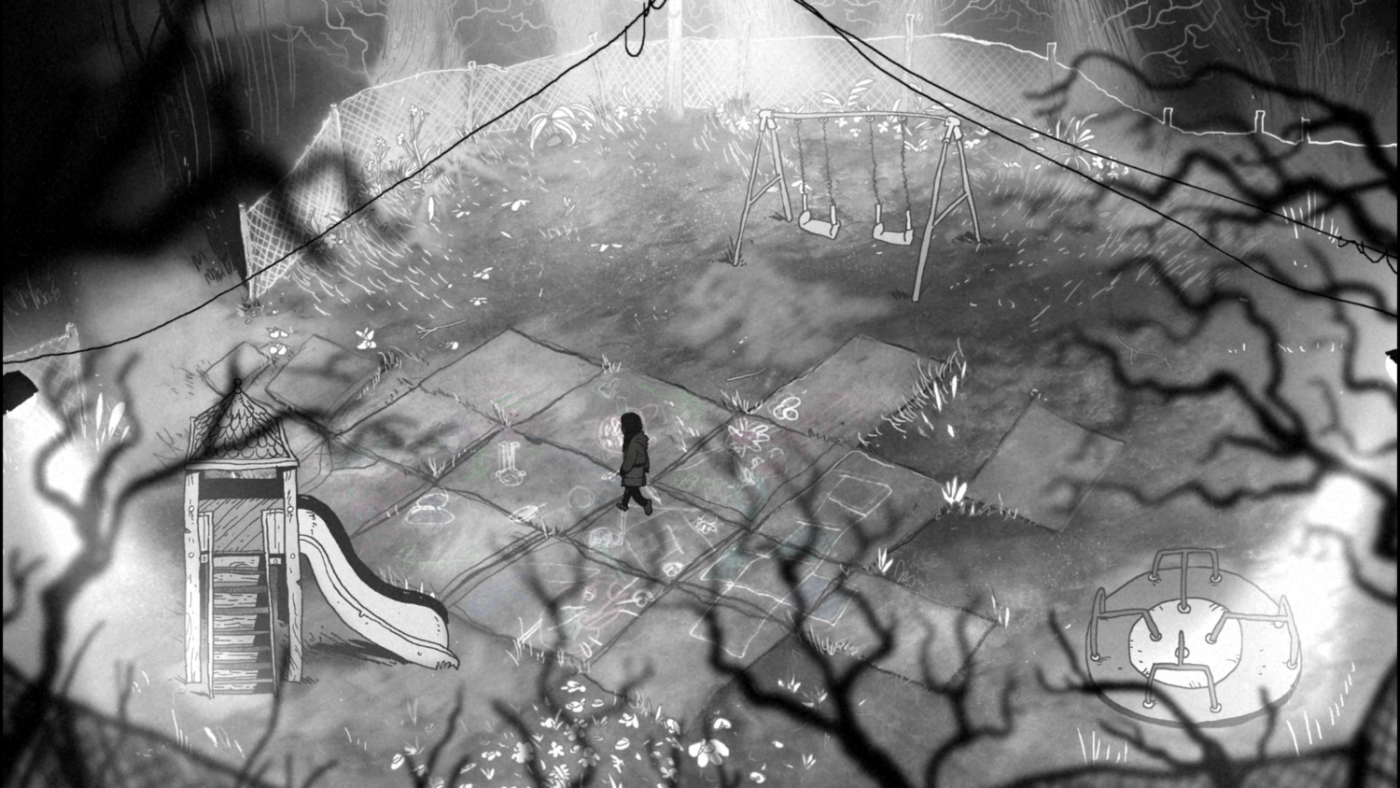
Of course, the person on the internet calling you names for doing something wrong in a game is an idiot who doesn’t know the slightest thing about you. They’re probably only belittling a stranger on the internet because they’ve got their own problems that they’re scared of dealing with. But to you, in that situation where you are so vulnerable to negativity and toxicity, it seems like the truest thing in the world.
Sometimes, people in the know even use positions of power in online gaming to commit acts of sexual harassment, often to young and impressionable fans. I’m not going to discuss this topic here because I’ve thankfully never been a victim and do not want to take away from the voices of those who have – but it’s a big problem, and one that shows the true and horrible extent of the toxicity of online gaming spaces.
Personally, I’ve always been terrified of looking ‘bad’ in front of people, whatever that might mean. I am terrified of looking stupid, like I don’t ‘get it’, like I’m inexperienced, like I have no sense of humour, etc, and this happens to a pretty paralysing degree. This is to a large extent because of my social anxiety. These things form some of my core beliefs about myself, beliefs that I’ve now spent a while challenging.
Gaming with others often amplifies this to the power of billions. When I’m gaming with others, depending on the game, I feel expected to show a certain level of competence in some way. When my friends are playing Jackbox, until quite recently I preferred to sit out and watch; I didn’t want them to think I’m not funny enough. When I’m playing some sort of knowledge-based game like Trivial Pursuit, I am hyper aware of trying to look intelligent; I know I’m not stupid, after all, and I’m doing a PhD, so a certain competence is expected of me, right? Folks: doing a PhD doesn’t translate to good general knowledge, but people who haven’t done one might not know that. And then, what if they think: she doesn’t deserve to be doing her PhD?
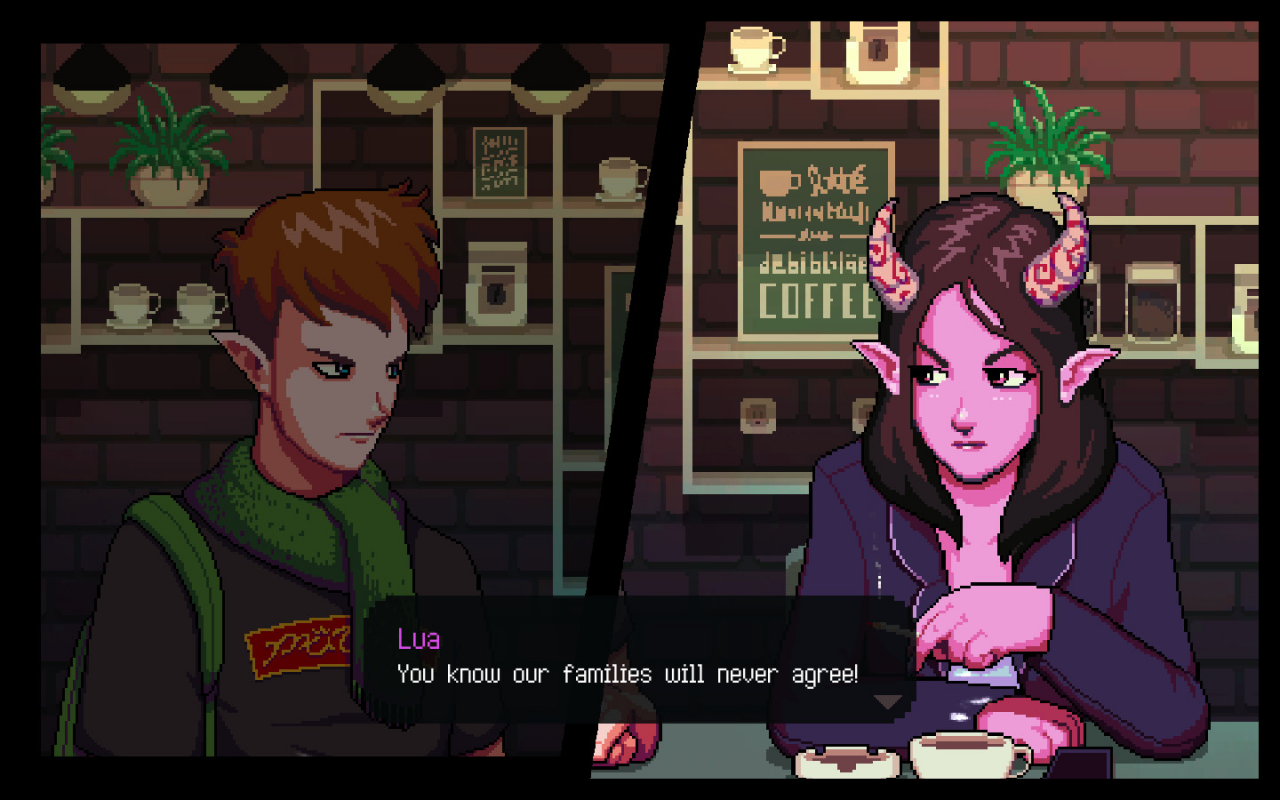
More damagingly for me, though, is online gaming culture. I don’t play many online multiplayer games at the moment, besides Animal Crossing: New Horizons to sell my turnips – a terrifying but necessary process at times – and the odd, very rare game of Crash Team Racing: Nitro-Fueled online. Besides this, I don’t really think I’ll ever be tempted to play many games online again. I’ve played World of Warcraft on occasions, one or two matches of League of Legends in which I had no real clue what I was doing, and a bit of Hearthstone here and there.
For outsiders, these games are really quite complicated. But online communities are often very unkind to newbies, as I have often found. I have been called names online. I’ve not nearly had it as badly as some have, but for a sensitive and anxious soul like me it’s been enough to put me off for life. These so-called ‘communities’ are dangerous for mentally unwell minds.
It’s sad to me how rare it is to see experienced players greet newcomers with kindness and compassion. One of the first times I ever played World of Warcraft, when I entered a dungeon for the first time and started rolling ‘need’ on entirely the wrong things, my fellow players were kind and explained why this wasn’t a good thing to do. I’ve rarely had this experience since. People are elitist in these games.
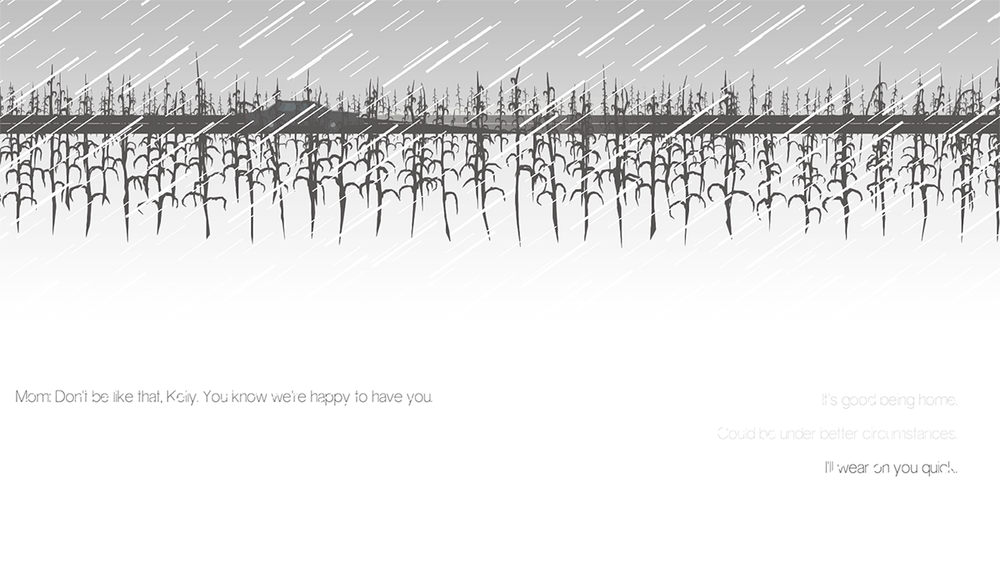
I think this is one of the reasons why there were a few years during which I stayed away from gaming. I think I felt I wasn’t worthy of playing games because a few toxic people on the internet decided to treat me like an idiot rather than as a newcomer eager to learn from others. These experiences, however seemingly insignificant for the perpetrators, contributed to my negative self-beliefs and meant that I stayed away from something that should have been enjoyable for me.
This is why I love that there are so many strong single player experiences to play instead nowadays. I’m a Playstation gal, and the Playstation exclusives this generation have been of such a phenomenal quality, my personal favourite being God of War. With these, I have no need to go near those toxic online spaces. By myself, gaming can be and indeed is entirely what I want it to be. Gaming is a relaxing and enjoyable thing for me, and I’ll be damned if I’ll let you take that away from me again. I will not let you enter this blissful space where I can escape from the world, where I’m trying to put aside those negative core beliefs even if it’s just for one second.
Yes, for some ‘git gud’ is a funny phrase. Har har har they’re bad at the game that’s so funny!! Yes, sometimes laughing at people making mistakes is funny, if it’s with and not at them, or among a group of friends. Don’t get me wrong, me and my boyfriend wind each other up more than any other couple! But when it’s vitriolic attacks from people who know nothing about you, it is a very big problem. You have no idea who you could be putting down. Don’t get me started on the people who take the time to send these messages directly to someone after a match.
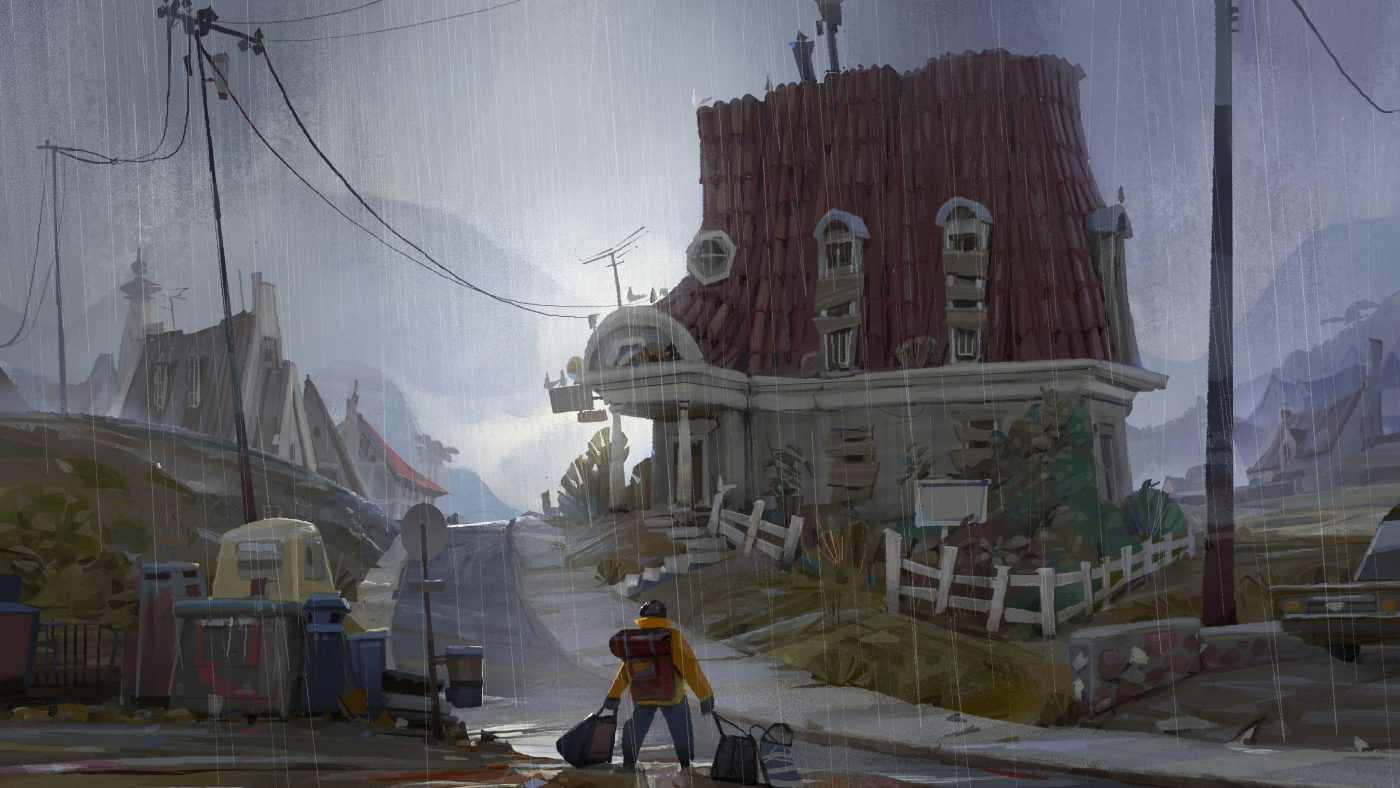
I’ve made more than my fair share of mistakes in the past when it comes to how I treat others, ones that I regret all the time. Part of the reason I needed to go to therapy is because I couldn’t get over these things. No one is perfect. But if there’s a place I think the phrase ‘Be Kind’ needs to be found more, it’s in online multiplayer gaming spaces.
It’s not all bad though…
But let’s turn now to a more positive note. A silver lining is that games nowadays are often really really good at dealing with mental health, and often this is a principle focus of their narratives. Indies are particularly good at this. What Remains of Edith Finch does this well. It’s a gorgeous little visual-novel-esque experience that follows the unfortunate and tragic stories of a family, many of which include failing mental health. Lydia is black-and-white game about a little girl who is neglected and abused by her parents. Gris, another important title in the indie world with a beautiful and unique art style, also addresses grief and mental health.
Other examples, and ones that are available as part of the itch.io racial justice bundle, include: Night in the Woods, which is a gorgeous little game that follows a character who has left college and feels lost and isolated. Secret Little Haven explores the mental health of a closeted trans girl navigating online spaces. Celeste also deals with its protagonist’s mental health problems as she climbs a treacherous mountain. Old Man’s Journey is a wordless story that communicates the effects of grief wonderfully.
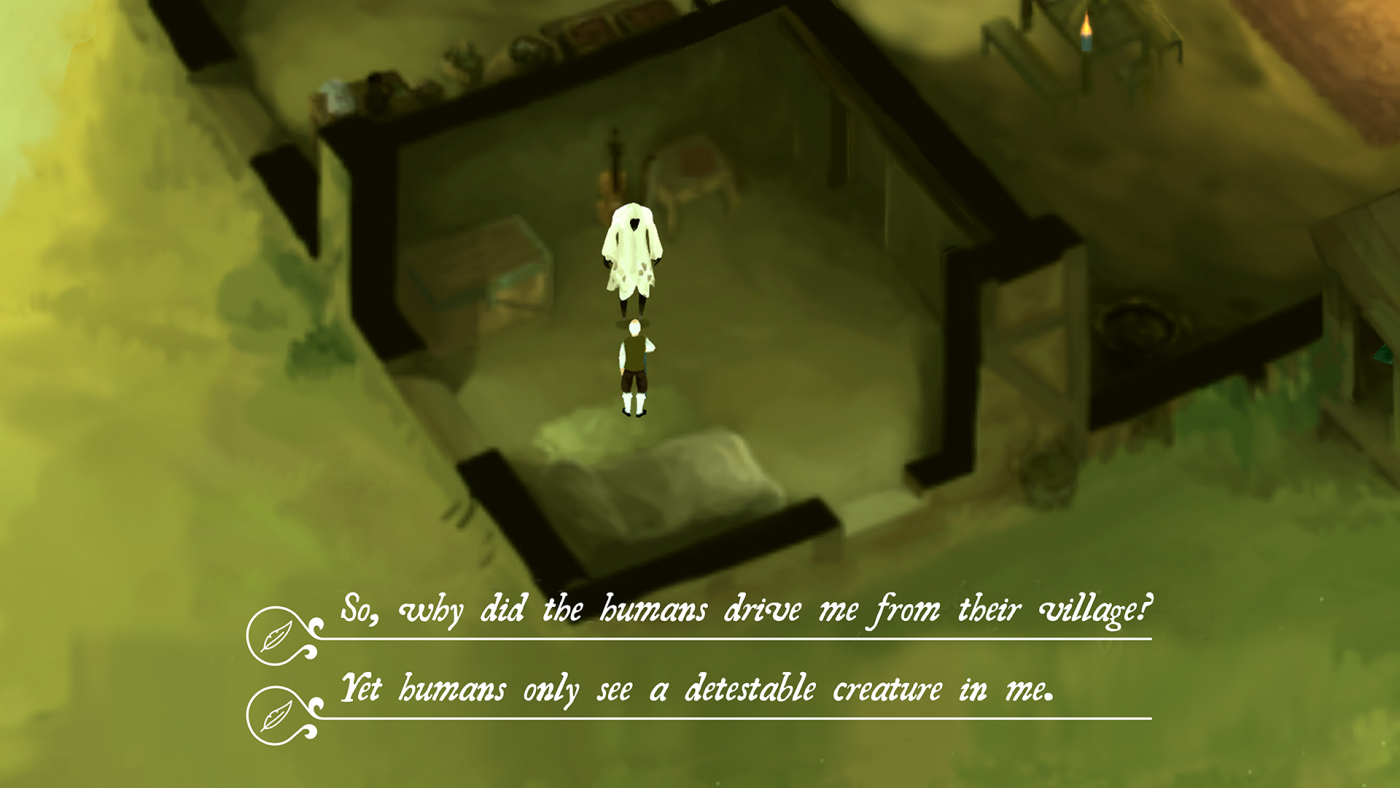
The indie world in particular is full of games addressing mental health, other examples including Arcade Spirits, Stardew Valley, The Wanderer: Frankenstein’s Creature, To the Moon, Behind the Screen, The Almost Gone, Three Fourths Home, Coffee Talk, Soul Searching…the list goes on. These are just ones that I’ve played on my Switch; there’s bound to be a lot more out there.
At the least, it’s comforting to know that amidst all of the toxicity in gaming, there are games that understand to a large extent, indeed games that try to explore mental health and understand the player’s own experiences. It might not solve the rubbishness of many gaming spaces, but at least it’s not all bad.
And if you ever feel down, misunderstood, isolated, remember that there’s a whole host of indie developers out there who totally get it, and are communicating that through some really incredible games.
If you are currently suffering with mental health issues, know that you are not alone. There are lots of resources online to help those with mental health issues. This NHS page lists some good resources for UK-based readers. The Mental Health Gaming Discord is also a welcoming community where we chat about games and vent about mental health. You can also check out Rehab-Recovery who have a very good read with further links to other resources.
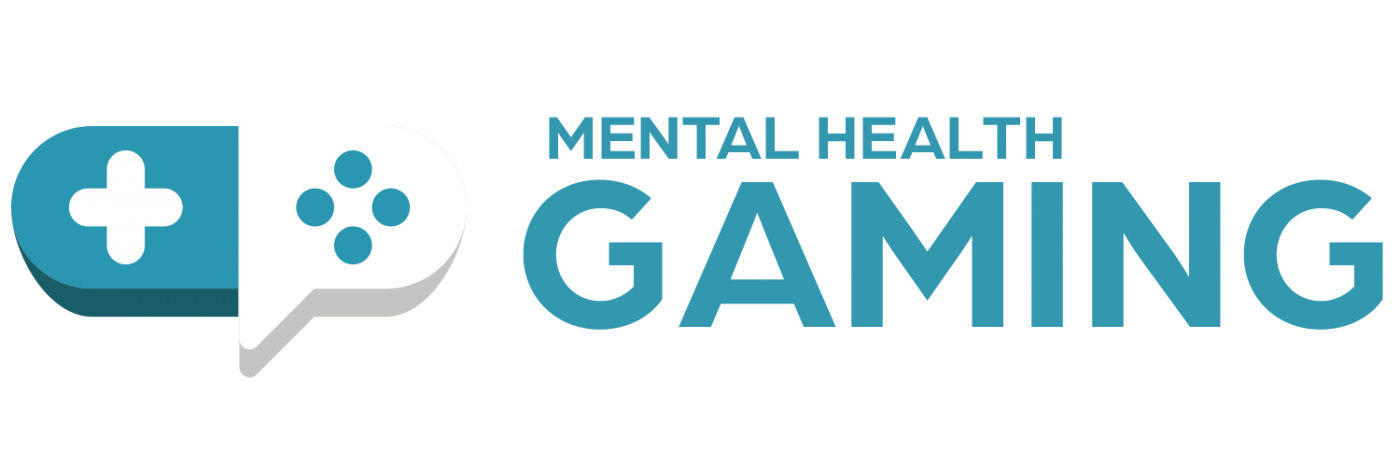

Pingback: #UbiToo: The insidious nature of the games industry – Bar Harukiya